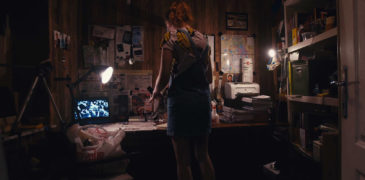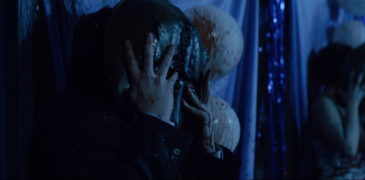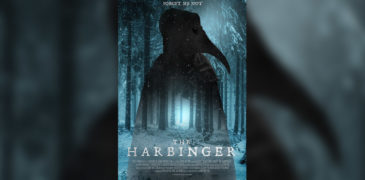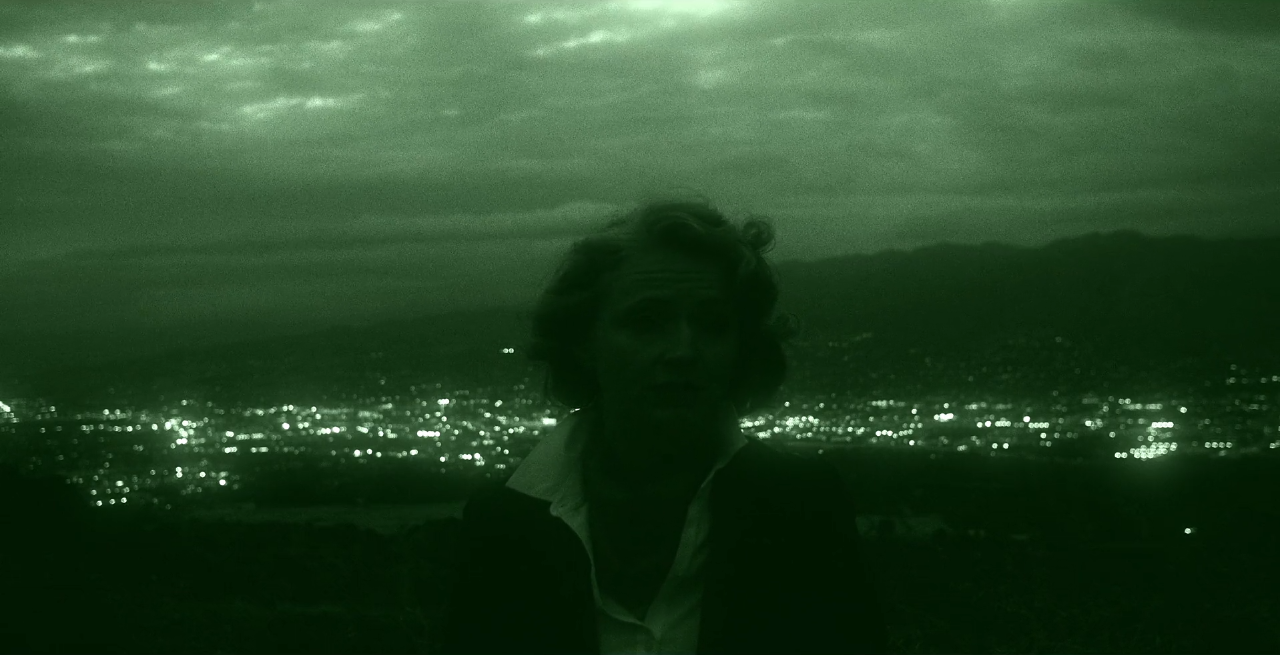
When the seventh chapter, titled Disinformation rolled in, the narrator and confessor, Dr. Laura Gale started to talk about things “that are not.” She began debunking famous alien encounter stories that had surely contributed well to the expanded extraterrestrial myth we have right now. Most documentaries delving into the certainty of the extraterrestrial presence on our planet like Netflix’s Top Secret UFO Projects: Declassified (2021) have been exhaustively tying seemingly unlikely events, from first-hand witnesses to historical artifacts to documentation, to generate sensibility and extract logic that would not waste their time and the viewers’.
However, Dr. Gale didn’t bother to dive into the rabbit hole. Instead, she dismissed all preoccupations we have about otherworldly beings to, ironically, convince us that ETs might actually exist but not in the way we expected. From here on, the confessional becomes more and more unpredictable, making it one of the most compelling and engrossing alien features in recent memory.
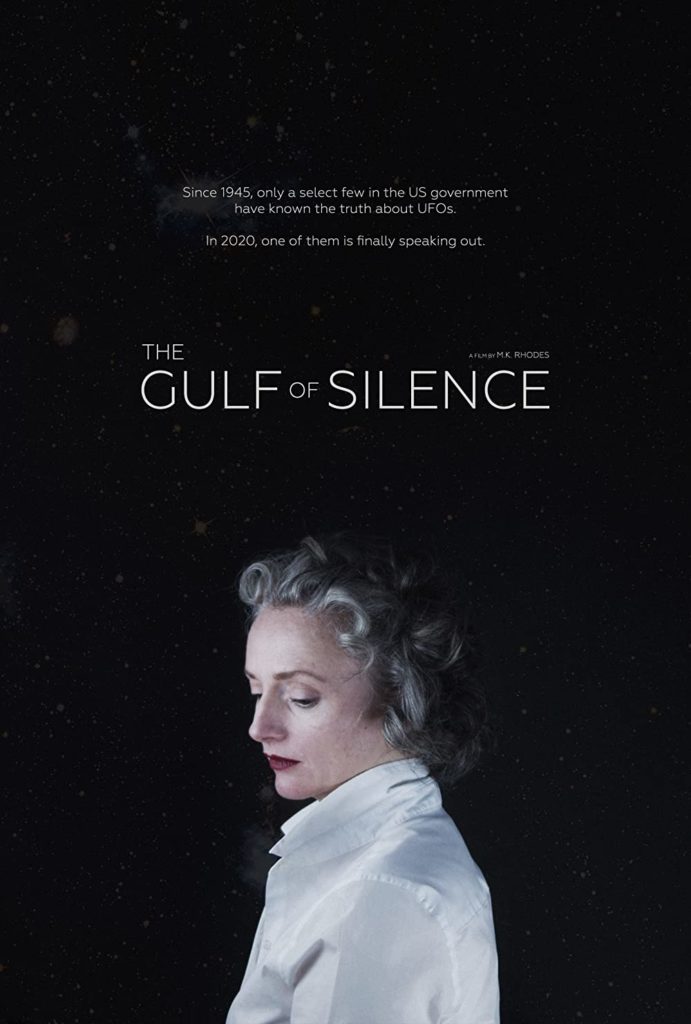
Alien, as a concept, is what M.K. Rhodes’ The Gulf of Silence is all about. The mockumentary is about the confession of Dr. Laura Gale, played effectively by Mandy May Cheetham, as she recounts her days in the counterespionage unit and how her fixation on UFOs impacted her for the rest of her life. Within an hour and a half, Cheetham accomplished what most alien features unconsciously and consciously tried but failed to deliver: make alien hunting a plausible haunting experience.
What made it work that way is how they framed the confessional. According to Cheetham, she modeled the hour-and-a-half confessional to Shirley Clarke’s classic documentary Portrait of Jason. In a candid documentary approach, Clarke reveals how a stripped-down interview could unveil instances of intimacy and validation of one’s existence and subjective perspectives, in which we could pick up shreds of truth that could also reveal how we perceive our own reality.
While The Gulf of Silence didn’t achieve half of what Clarke’s documentary had accomplished in the medium, making use of the bare bones approach in the interview, even though Dr. Gale and her confessions are obviously fictional, had proven effective in creating personal anecdote bias. However, personal stories are the foundation of most UFO sightings. So, how did The Gulf differs? Like how Rhodes used minimal visuals, relying solely on practical and in-camera effects, the scientist’s prolonged narrative never sounded excessive or hard to swallow. The story didn’t even try to build up into something extravagant, like most alien features do. So even though the whole film solely indulges in mumblecore, the familiar drama and the make-up encounters are easy to digest and empathize with.
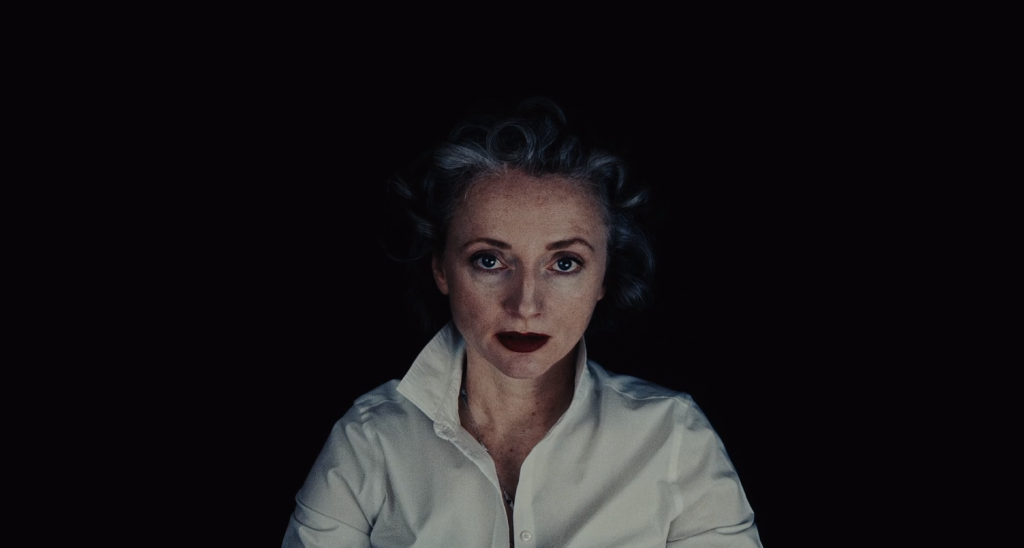
The idea of counterespionage also gives a fresh perspective on the UFO phenomenon. Admittedly, the vast number of alien features had preoccupied us with what to expect in these types of narratives. However, The Gulf effectively set us up with the usual alien encounter stories, only to dismantle all our current ideas and isolate us from common alien knowledge with what the counterespionage unit has on their hands. All of a sudden, we become ‘alien’ to the idea of extraterrestrials, pulling us further to what the confession could offer us in the following chapters.
As you delve deeper into the film, the concept of “alien” takes on a whole new meaning, becoming the lifeblood that runs through the film’s veins. The weight of being at the forefront of a groundbreaking encounter with extraterrestrial life burdens Dr. Gale, leaving her feeling alienated from her profession and society as a whole. As the story unfolds, we realize that humans are but aliens, disconnected from the vast and mysterious universe that surrounds us. The government’s insistence on feeding us false news and disinformation further alienate us from the truth. The film presents a stark realization that we are becoming increasingly alienated from our place in the universe, unable to comprehend the mysteries surrounding us. The scariest part of this alienation is the widening gulf between us and the things we desperately want to understand, leaving us stranded in a vast and unknown cosmos.
It could’ve and should’ve been shorter because the fifth chapter, titled The Assessment only curbs the hype taking shape with its protracted and monotone storytelling that didn’t compliment the personal and straightforward vibe of the film. It also has a lot of cuts to black, which is too much that it looked more like lazy editing than an artistic choice. Other than that, the last thing someone who will watch this should be worrying about is their expectations because if you’re looking for action and extravagant surprises, you’re looking at the wrong place.
The Gulf of Silence transcends the conventional alien feature genre, delving deeper into the psychological terror coming from being confronted by otherworldly entities. If you’re a fan of UFOs and extraterrestrial encounters, this sci-fi found footage masterpiece is a must-watch. It skillfully challenges the boundaries of traditional storytelling, effortlessly weaving a laidback and convincing narrative that will leave you questioning your own reality. Don’t miss the chance to experience the horror and intrigue that The Gulf of Silence has to offer.

We watched The Gulf of Silence (2020) as part of Unnamed Footage Festival 666.
More Festival Coverage
Dealing with an abnormal form of tinnitus, a young IT worker begins a series of experiments to figure out the abnormal nature of his condition. Bringing various objects into his… Self-described as a metalhead for life, Chilean filmmaker Patricio Valladares makes some noise in this year’s version of Unnamed Footage Festival. Taking place in San Francisco, this event is proud… By all rights Crabs! seems like it ought to be the sort of film that is a complete joke. Nominally it is about a horde of murderous mutated horseshoe crabs… “Every day we stray further from God’s light” may be a ‘meme-able’ saying, but it is one that is none-the-less true when we look at a mix of contempt and… Summer in Montreal is always an exciting time. Downtown, Ste. Catherine Street is cordoned off from traffic beneath de Bleury for the Jazz Festival, where past years featured free outdoor… The Harbinger, Andy Mitton’s follow-up to his delightfully creepy Witch in the Window, is, simply put, the most terrifying COVID-era horror film. Dealing with many of Mitton’s signature themes –…Masking Threshold (2021) Film Review – Madness up Close
Invoking Yell (2023) Film Review- Not with a Bang but with a Shriek (Unnamed Footage Festival 666)
Crabs! (2021) Film Review – A Love Letter to Classic Monster Movies
Luzifer (2021) Film Review – Religious Fervor and Unforgiving Isolation
Tombs of the Blind Dead Film Review (1972): Fantasia Fest 2021
The Harbinger (2022) Film Review – Don’t Say His Name

I am a 4th year Journalism student from the Polytechnic University of the Philipines and an aspiring Filmmaker. I fancy found footage, home invasions, and gore films. Randomly unearthing good films is my third favorite thing in life. The second and first are suspending disbelief and dozing off.
